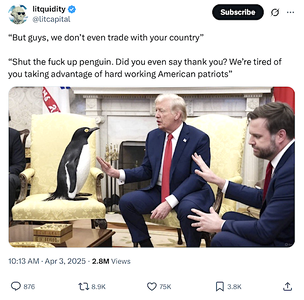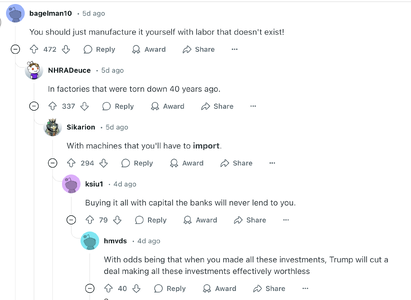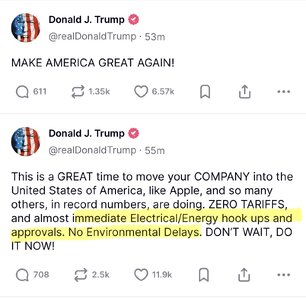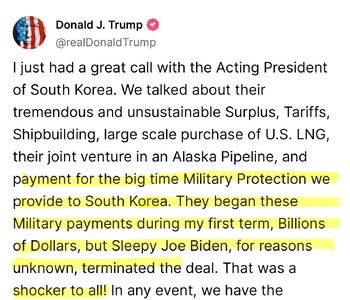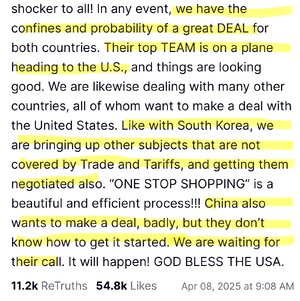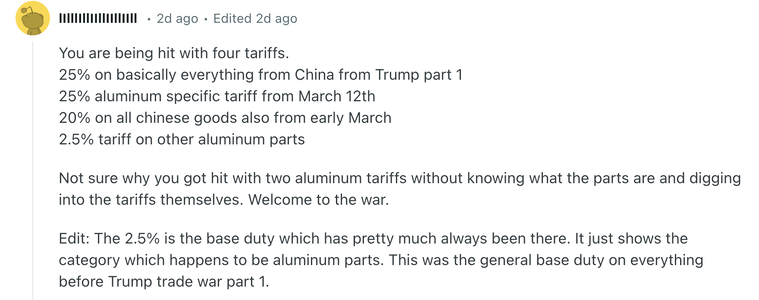ZenMode
Legend of ZZL
- Messages
- 6,110
Grassley says Congress ‘delegated too much authority to the president’ on trade
Sen. Chuck Grassley (R-Iowa), who co-sponsored bipartisan legislation to limit President Trump’s trade authority, said Tuesday that he thinks Congress has “delegated too much authority to the president.”“I made very clear throughout my public service that I’m a free and fair trader. The Constitution gives Congress the authority to regulate interstate and foreign commerce. I believe that Congress delegated too much authority to the president in the Trade Expansion Act of 1962 and Trade Act of 1974,” Grassley said.

